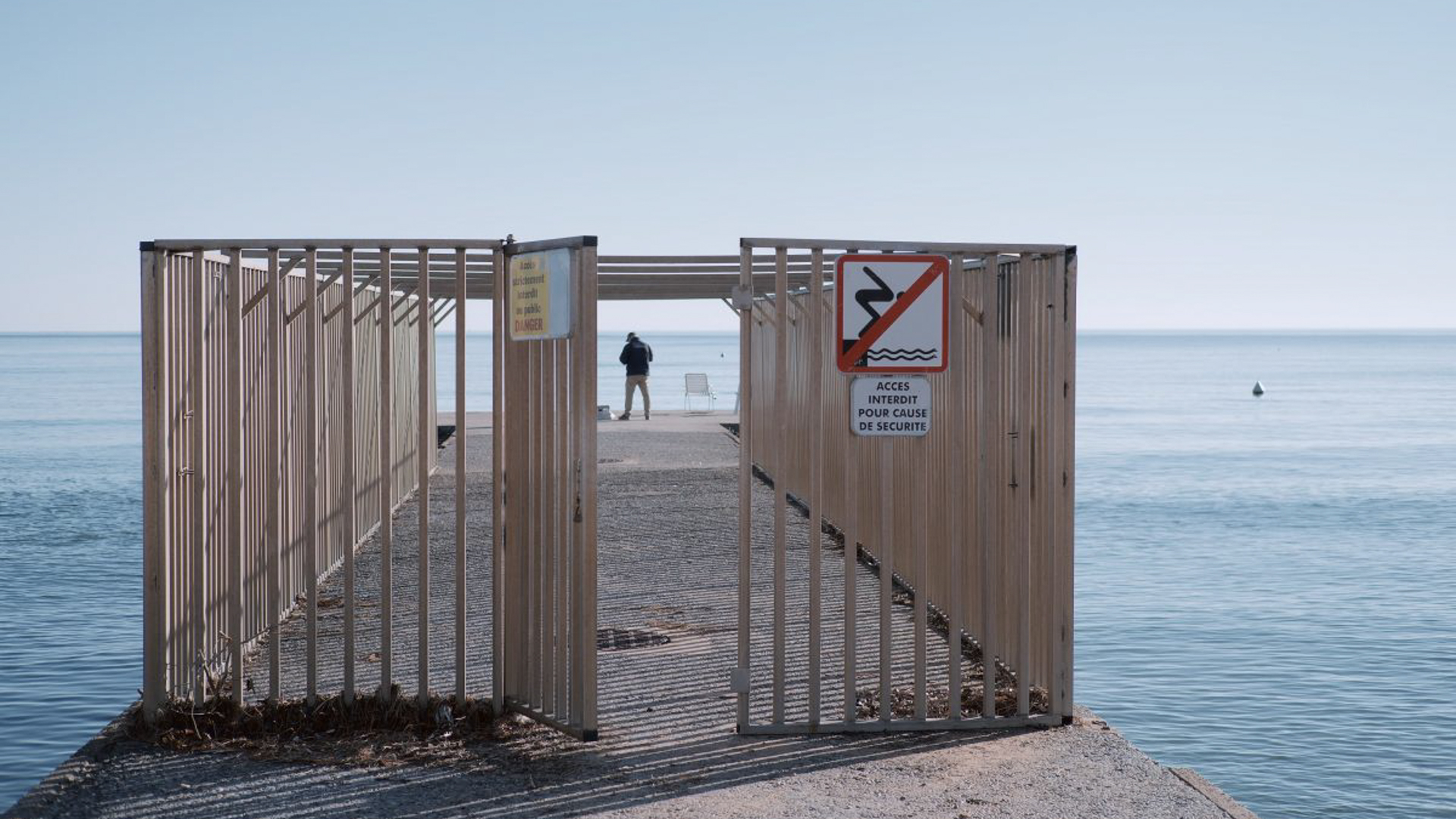The complaint of the Adriatic Ports Network
“The Adriatic Ports Network expresses its concern about the policy of rejections and readmissions that continues in the Adriatic ports without any assessment of individual situations and causes of inadmissibility of expulsion of foreign citizens, including asylum seekers and unaccompanied minors, in violation of the right to asylum and EU law”.
This is affirmed in the text released in recent days by the Adriatic Ports Network, a network of associations operating in the Adriatic port-cities (Embassy of Rights of the Marches, A.S.G.I., Lungo la Rotta Balcanica and S.O.S. Diritti di Venezia) and, in collaboration with associations operating in the countries of the Balkan Route and in Greece, since 2017 has been monitoring what is happening in the ports and providing information and legal protection to foreign citizens arriving in Italy from Greece and other countries in the region, such as Albania, Croatia and Montenegro.
“During 2020 and in these first months of 2021, the Network received many reports from asylum seekers, including minors, who were prevented from the protection guaranteed by the legislation in force, often without the presence of a mediator and without having received any legal information”, denounces the network of associations. “It was only after the associations intervened that it was possible to counteract the illegitimate practices and guarantee access to the territory, asylum applications and protection. The testimonies collected report episodes of violence and degrading treatment, both at the ports during the tracking and arrival phase and during the journey. In addition, rejected asylum seekers and minors reported being ‘handed over’ to ferry and ship masters for custody and returned to the port of departure.”
The Adriatic branch of the Balkan Route is little talked about in the media, but in the ports of Bari, Ancona and Venice there are many arrivals, by ferry, or of people hidden in lorries, to end with some cases of individual boats. In the 1990s, after the collapse of the regime in Albania, it was an important migratory route; today the numbers are not comparable, but the violations of the rights of these people remain worrying.
“With regard to readmissions to Greece, based on the 1999 Readmission Agreement, the conditions of foreign nationals, asylum seekers and lone minors are still of particular concern. In particular, there are violations of the European regulatory framework, with particular reference to the obstacles to accessing the request for international protection and the inadequacies of the country’s reception system, which does not guarantee the expected standards, not even for minors and families – says the Adriatic Ports Network. In addition, Greece in turn continues to send migrants back to Turkey, a country that stands out for its systematic violation of human rights against its own citizens and against the Kurdish population especially. Turkey is the country with the highest number of journalists in prison for expressing their opinions and it is also the country that a few days ago, with a decree signed by President Erdogan, revoked its participation in the Council of Europe Convention on preventing and combating violence against women and domestic violence (Istanbul Convention). Already in October 2014, Italy was condemned by the European Court of Human Rights (EDU Court) for having rejected – between January 2008 and February 2009- in an indiscriminate manner some foreign citizens coming from Greece (case ‘Sharifi and others’ against Italy and Greece) and intercepted by border police at the ports of Ancona, Bari and Venice. The ECHR condemned Italy for violating the prohibition of collective expulsions, the prohibition of inhuman or degrading treatment and the right to an effective remedy against collective expulsion and exposure to inhuman and degrading treatment. Following the judgment, a supervisory procedure was initiated before the Committee of Ministers of the Council of Europe, aimed at ascertaining the measures taken to prevent the recurrence of the same violations.”
This issue should be at the centre of the public debate, while the renewal of the 2016 agreement on migrants is being negotiated with the Turkish government, given that the outsourcing of borders – built on a substantial EU funding to Turkey – has not only failed to solve the problem in recent years, but has made EU institutions accomplice in illegal practices.
The statement of the Adriatic Ports Network concludes with observations and recommendations: “Reiterating the need to stop readmissions to Greece and rejections to Albania and Croatia, as well as to ensure full respect for the right of asylum and all other fundamental rights and guarantees, considers it necessary and urgent to:
- proceed with the constant monitoring action both at local level and in the countries concerned, also in view of the likelihood of the intensification of the Adriatic route as a result of the alarming situation in the countries of the Balkan Route and the evolution of the European framework. The Adriatic Ports Network will publish a report with the results of the new requests for access to data on rejections and readmissions and the testimonies collected;
- promote advocacy and legal actions and reports to the relevant institutions, the Council of Europe and the European Court of Human Rights and persist with the monitoring of the supervision procedure of the Sharifi judgment;
- implement networking, with the aim of intervening in current arrival and identification management practices with a view to protecting rights at the border and countering illegitimate practices.
by Christian Elia

